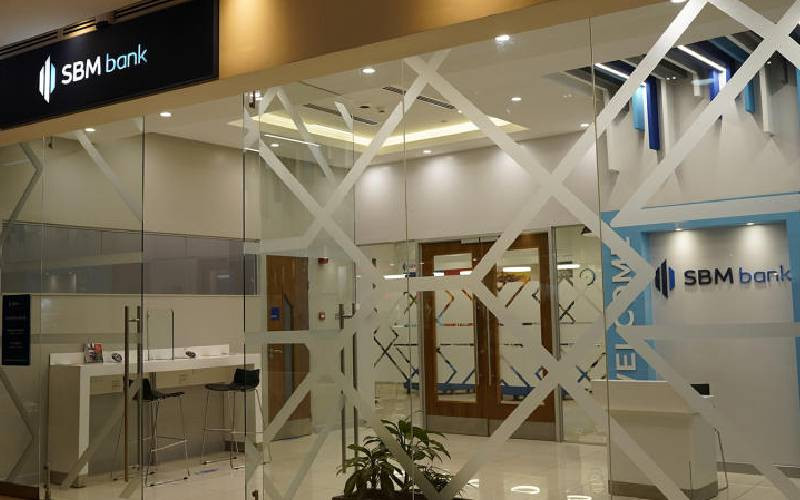×
The Standard e-Paper
Kenya’s Boldest Voice

An SBM Bank branch in Nairobi. [File, Standard]
Mauritius-based SBM Bank has denied claims that it is being supported by the Central Bank of Kenya (CBK) even as it mulls exiting the Kenyan market.